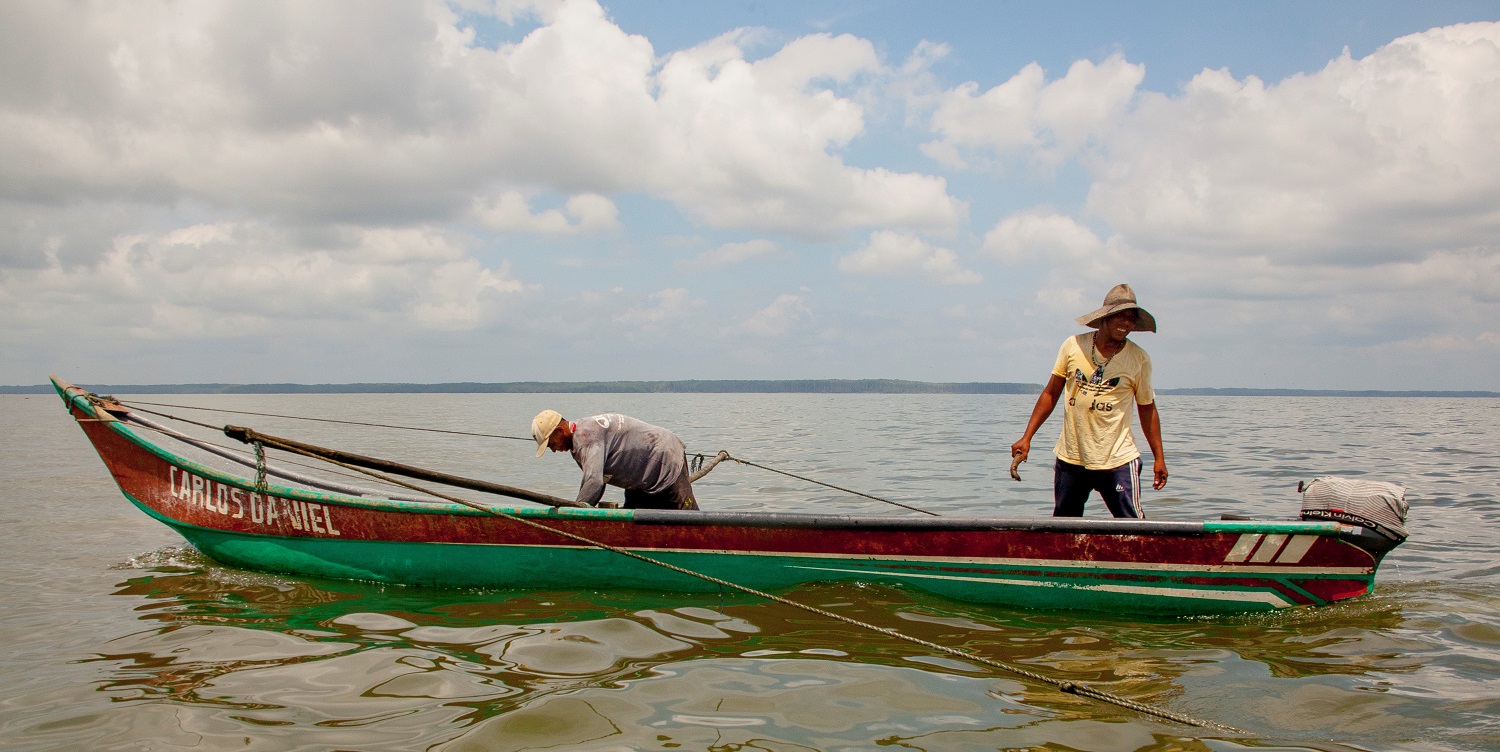Co-creation with fishing communities of Guapi, Colombia, Experiences from the Econavipesca-project

Follow the journey of Gauri Salunkhe, a student of Master’s in Sustainable Technology at KTH, during her field study in Colombia. Discovering and analysing artisanal fishing, cultural practices, gender roles, gastronomy and much more in the municipality of Guapi, at the pacific coast of Colombia. Furthermore, collaborating with many inspiring and diverse academic team members from Universidad Nacional de Colombia and Universidad del Cauca around different cities of Colombia – Medellín, Bogotá, and Popayán.
Time: Wed 2023-01-11 15.30 - 16.30
Location: Big seminar room, Teknikringen 74D (floor 5), Division of History of Science
Language: English
Participating: Organized by Katarina Larsen, KTH, with presentation by Gauri Salunkhe and Econavipesca-team
Co-creation with fishing communities of Guapi, Colombia
Experiences from the Econavipesca-project
Organized by Katarina Larsen, KTH, with presentation by Gauri Salunkhe and Econavipesca-team
Follow the journey of Gauri Salunkhe, a student of Master’s in Sustainable Technology at KTH, during her field study in Colombia. Discovering and analysing artisanal fishing, cultural practices, gender roles, gastronomy and much more in the municipality of Guapi, at the pacific coast of Colombia. Furthermore, collaborating with many inspiring and diverse academic team members from Universidad Nacional de Colombia and Universidad del Cauca around different cities of Colombia – Medellín, Bogotá, and Popayán.
Gauri embarked on a three-month field study in Colombia as part of the Pacífico Econavipesca project. The objective of the project is to develop a sustainable artisanal fishing model that reduces the environmental, social, and economic impacts on the ecosystem in the municipality of Guapi, Cauca. This is done by reducing the dependence on fossil fuels for the fishing boats and creating social entrepreneurship plans to make fishing activities more sustainable. The project is developed through open innovation and co-creation methodologies, taking advantage of both the traditional knowledge of local communities and scientific knowledge of academics.
During this seminar, Gauri will share about her experiences and field study results and analysis. Her field study focused on understanding community engagement and co-creation strategies used in the project to identify possible methods to enhance these for sustainability of the project. She engaged different stakeholders such as academics and community team members to gather data for her field study, using methodologies such as observational studies, interviews, actor-network mapping, co-creative activities, reflective workshops, etc. Both digital (e.g. Miro whiteboard) and non-digital interactive tools were used to actively involve participants in gathering the data.
The main participants in the Pacífico Econavipesca project are the fishing associations of Guapi, Colombia, local and regional authorities and the following universities: Universidad Nacional de Colombia (Colombia), Universidad del Cauca (Colombia), KTH Royal Institute of Technology (Sweden), and Lund University (Sweden). The project is funded by the Swedish International Development Cooperation Agency (SIDA).
For more information about the project Econavipesca and interviews featured in ABE-school newsletter, see below:
Econavipesca project description: www.kth.se/philhist/historia/forskning/environmental-humani/ecosystem-for-sustainable-fishing-navigation-in-the-municipality-of-guapi-cauca-1.1124350
Interview with Katarina Larsen, Gauri Salunkhe and representative from SIDA:
www.kth.se/blogs/hist/2022/12/katarina-larsen-interviewed-in-guapi-colombia/

